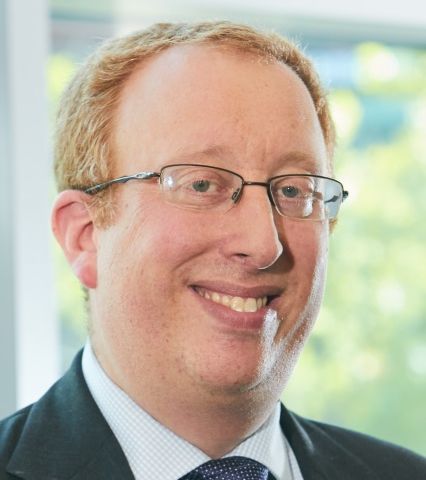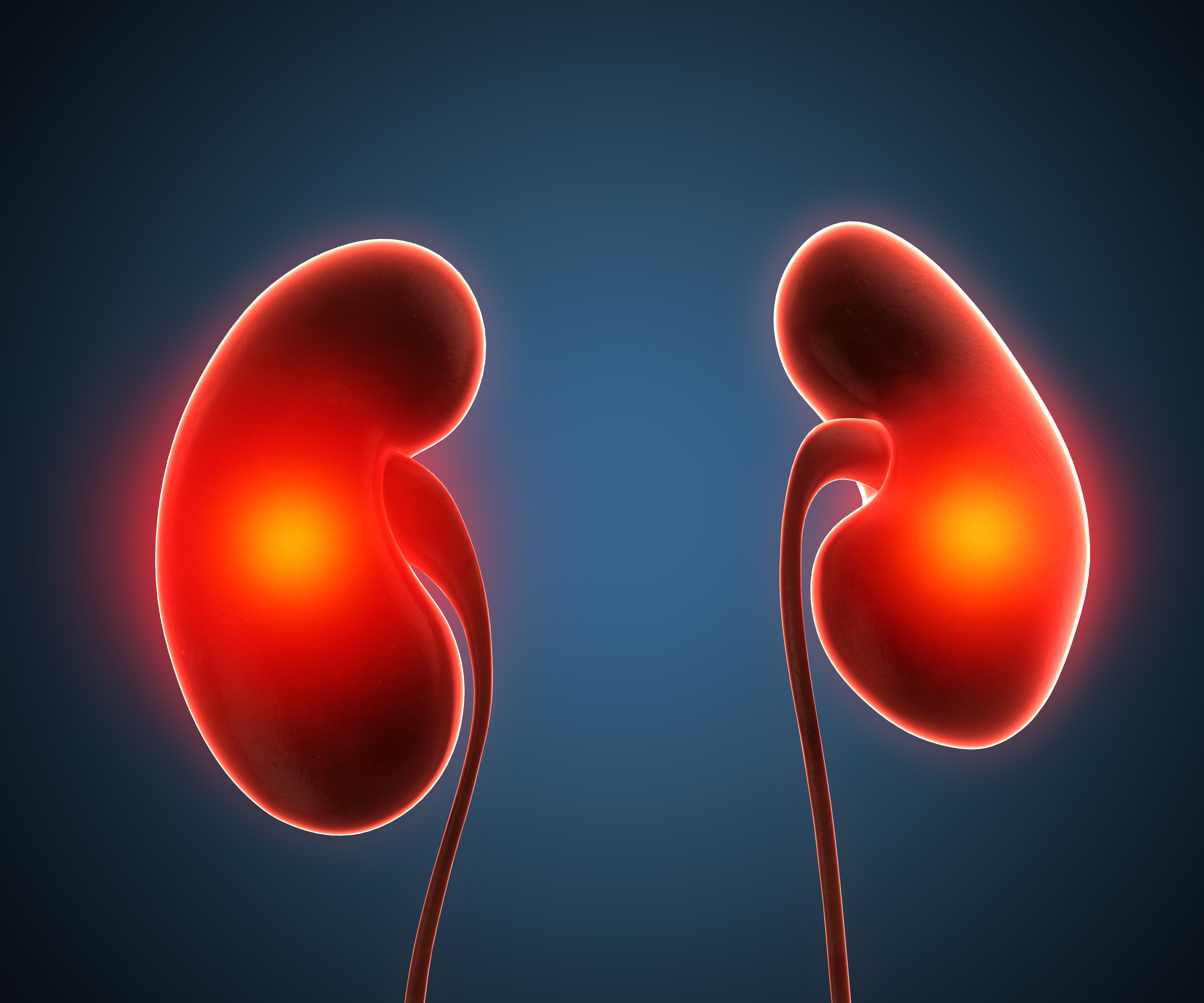News
Article
Q&A: The Microbiome and Autoimmune Liver Disease, with Gideon Hirschfield, PhD, MB BChir
Author(s):
Gideon Hirschfield, PhD, MB BChir, Lily and Terry Horner Chair in Autoimmune Liver Disease Research at the University of Toronto, sat down with HCPLive Hepatology to discuss the role of the microbiome in autoimmune liver disease.
Gideon Hirschfield, PhD, MB BChir
Credit: UHN Foundation

Among the plethora of topics discussed at The Liver Meeting 2023 from the American Association for the Study of Liver Diseases (AASLD), the role of the microbiome in autoimmune disease progression and outcomes stood out as one of the most prevalent, with multiple sessions putting it at the forefront of the conversation.
Gideon Hirschfield, PhD, MB BChir, Lily and Terry Horner Chair in Autoimmune Liver Disease Research at the University of Toronto, was a speaker during the session “The Role of the Microbiome in Autoimmune Liver Disease,” where he and others discussed both the current and future role of microbiome research in autoimmune liver disease as well as what might be next in gut health research.
The editorial team of HCPLive Hepatology sat down with Hirschfield to discuss his takeaways from the session and others like it at The Liver Meeting as well as what he would like to see next in gut health research.
HCPLive Hepatology: Can you give an overview of some of the most important takeaways from your session about autoimmune diseases?
Hirschfield: We've had some sessions where we've looked at an overview of the disease and the role of the microbiome. There's been a number of sessions looking at the role and the links between the bowel and the liver. And I think what I took away from this conference was really, we are learning so much more about the role of bile acids, and bile acids signaling in the bowel, bile acid signaling in the liver, and how bile acids interact with the immune system. We're starting to really realize that there are opportunities more so than we've ever had to think about targeting bile acids in different ways, and now we recognize that some of this bile acid signaling that's occurring in the bowel, and in the liver, is actually changing how immune systems are functioning, not just the classical understanding of bile acids. So I would take that away as a major theme in the sort of billary area. There's also you know a lot of other new therapies being discussed for PBC for PSC, anti-fibrotic agents, and the concepts of how we can develop drugs for autoimmune hepatitis. So I think there is a lot going on.
HCPLive Hepatology: What would you like to see next in gut health research regarding the role of the microbiome in autoimmune disease progression?
Hirschfield: What I’d really like to see, which is actually very difficult, is a move from mouse work to human work. Mouse work is great. It's very insightful when you can pick apart very specific pathways, but mice are not humans. They have different bile acids, they have different bowel functions, they have different immune systems in subtle ways that are important. So I think what I'm looking to see is more innovation in how we study humans, how we study healthy humans, how we study people with disease, and how we can use new drugs to help us in that study. So what that means is, when we do clinical trials, so-called experimental medicine, not only do we look at classical does the drug work, we look at what we learned scientifically.





